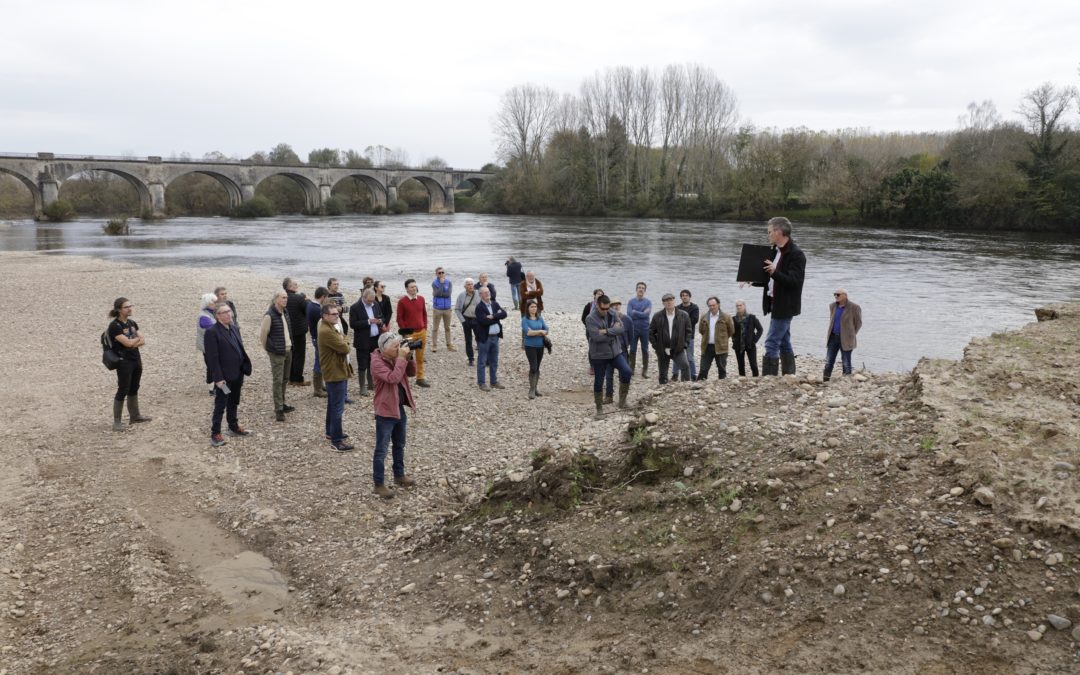A periodic review carried out by a consultation process at the watershed scale
Between 2022 and 2023, after 10 years of designation, the Dordogne Basin Biosphere Reserve carried out its periodic review in order to request its renewal; a collective diagnosis time which makes it possible to evaluate the progresses made, the difficulties encountered and that gives the opportunity to propose new areas of management of natural spaces and harmonious development of the territory.
The 3rd edition of the ‘Etats Généraux’ of the Dordogne Basin (Estates General*) was the highlight of the participative process of this revision. This large-scale consultation was welcomed by the International Coordinating Council of the Man and the Biosphere (MAB) Programme, which was held from July 1 to 5, 2024 in Agadir.
*The Estates General of the Dordogne basin have been organized every ten years since the creation of EPIDOR in 1992. The second edition, held in 2012, had already marked the celebration of the designation of the basin as a UNESCO Biosphere Reserve.
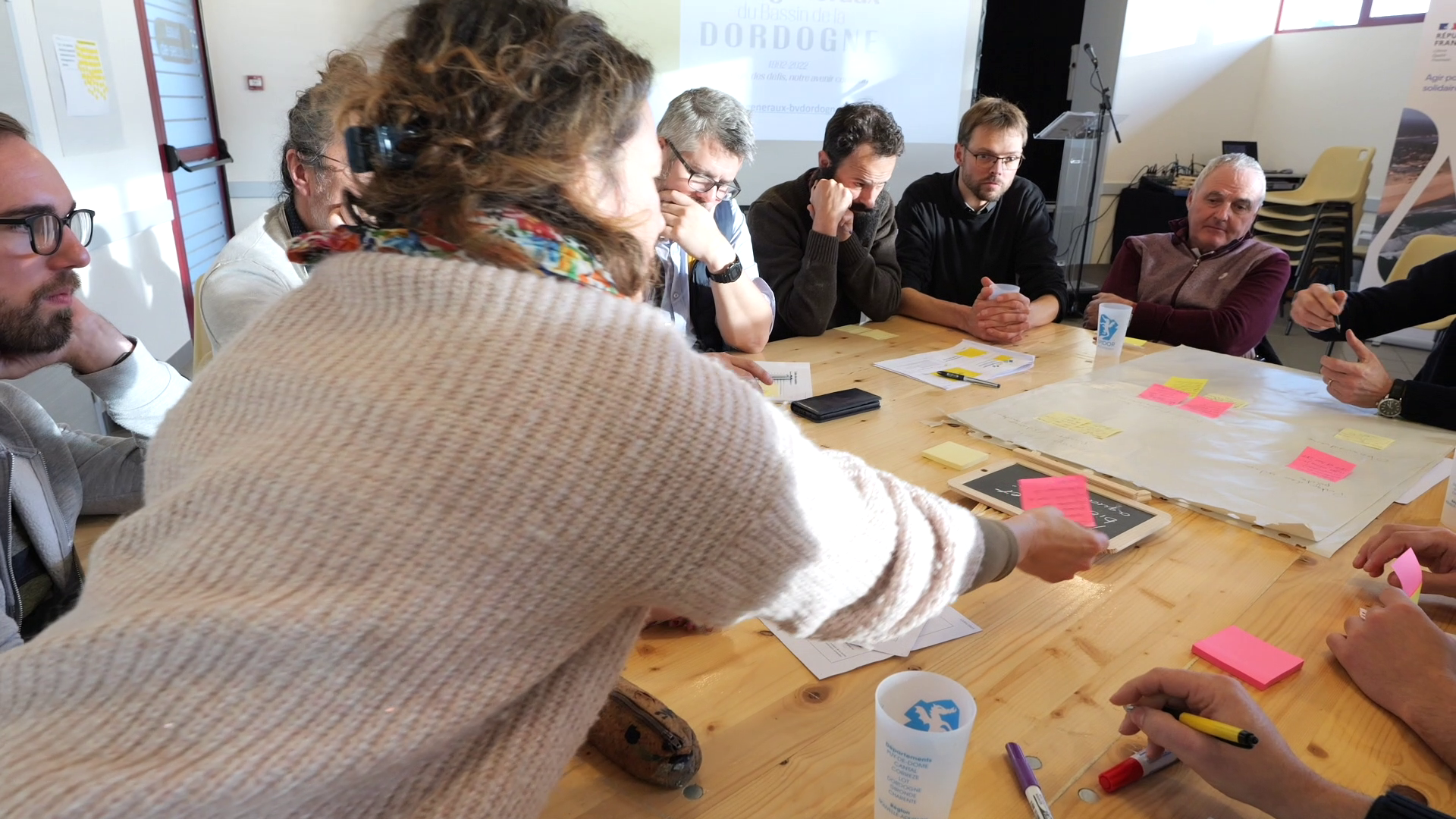
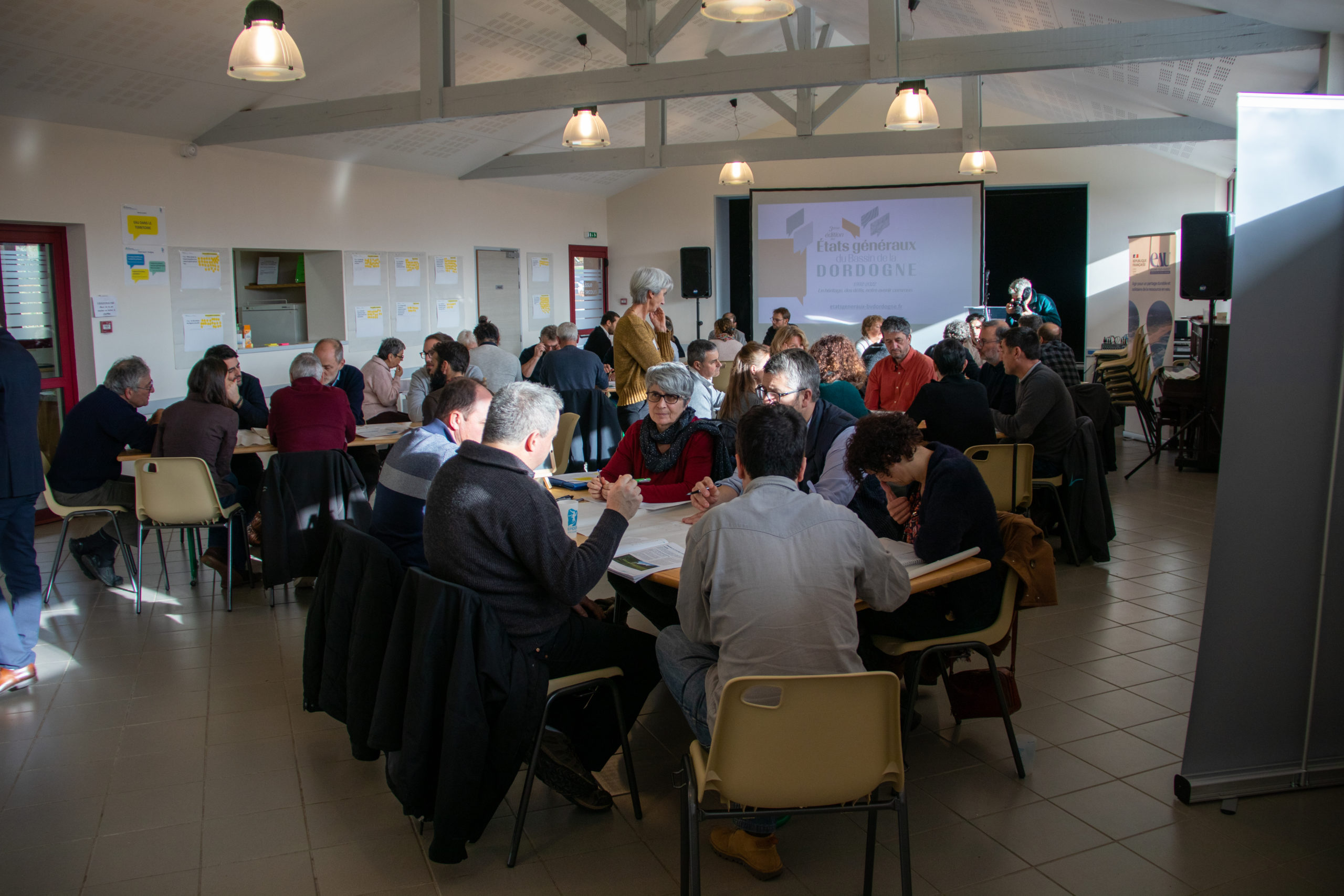
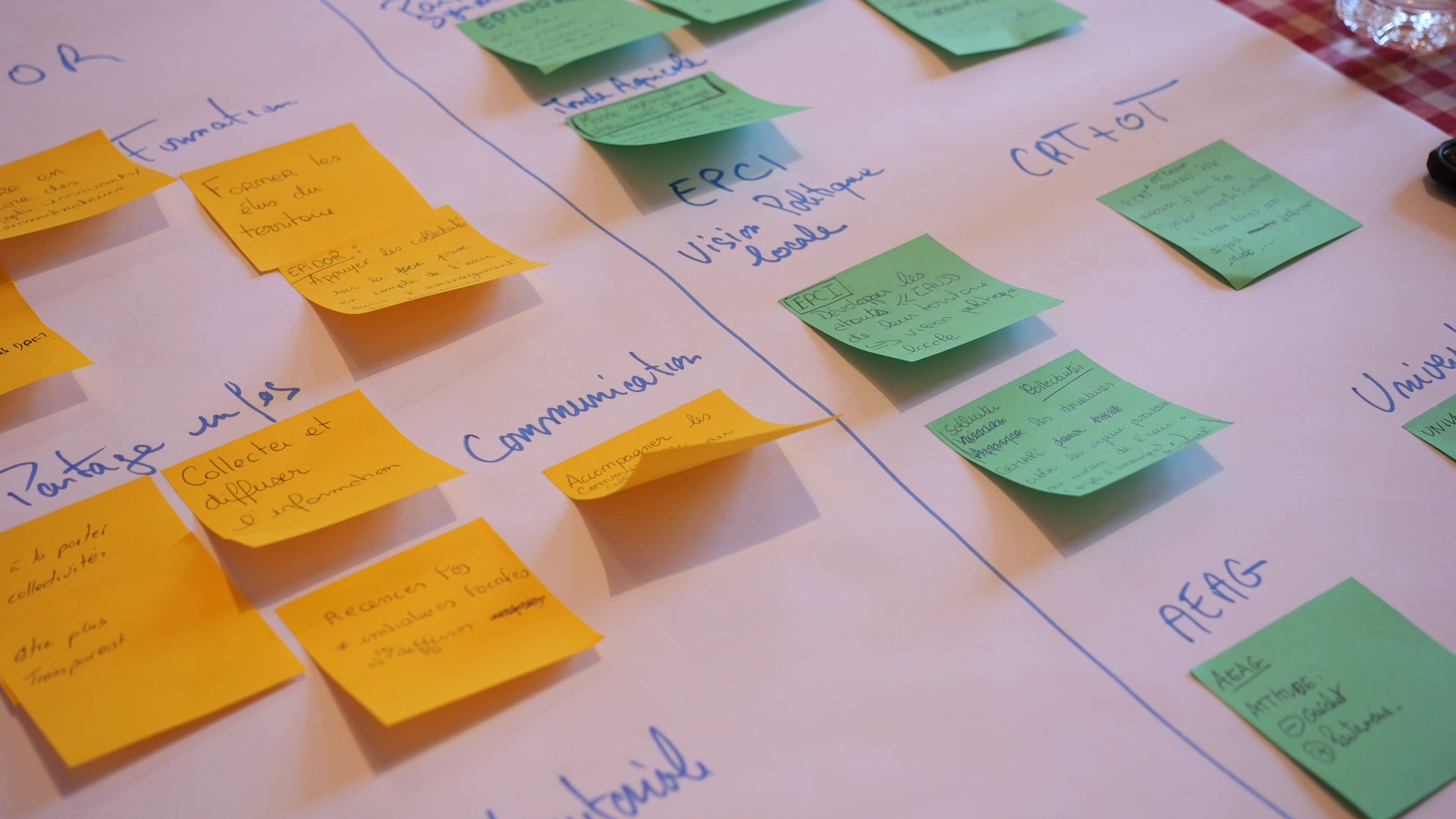
Celebratring this renewal with all partners
Same as a designation, the renewal of a Biosphere Reserve is an achievement to be celebrated. It is the result of years of discussions, consultation, co-construction, experiments, failures and successes which have made it possible to progress in the preservation of the ecosystems of the Dordogne Basin. This is a great opportunity to turn the spotlight on the actions but especially on the structures and people who work to preserve the natural and human heritage, which makes up the identity of the Dordogne Basin Biosphere Reserve.
Tuesday, November 5, 2024, more than 80 people gathered in Saint-Chamassy, a city located in the Dordogne department, to celebrate the renewal of the Biosphere Reserve designation. A guided tour of the Maison-Neuve’s former gravel pit, renatured thanks to the European LIFE Dordogne River programme set the tone for the afternoon: How can we reconcile the preservation of biodiversity and the development of human life and activities?
This question has led the presentations that followed the visit. Germinal Peiro, President of EPIDOR, and Didier Babin, President of the French MAB Committee recalled the particularity of this biosphere reserve, the first structured on the scale of a basin, which works to preserve watercourses and heritage linked to rivers. The experts insisted on the urgency of implementing solutions to preserve water resources and biodiversity in a context of pressure from climate change.
The presentations and discussions during the round table demonstrated that the debate is no longer about opposing preservation and development but rather about pooling resources to overcome conflicts of use through ambitious projects for the renaturation of ecosystems, the mobilization of nature-based solutions, and the search for private partnerships and European funding. It is urgent to find practical solutions to save water, fight against pollution of waterways and bodies of water, rely on natural environments to adapt territories and diversify economic activities, rethink the activities developed in alluvial spaces such as in the marshes areas at the gates of the Gironde estuary.
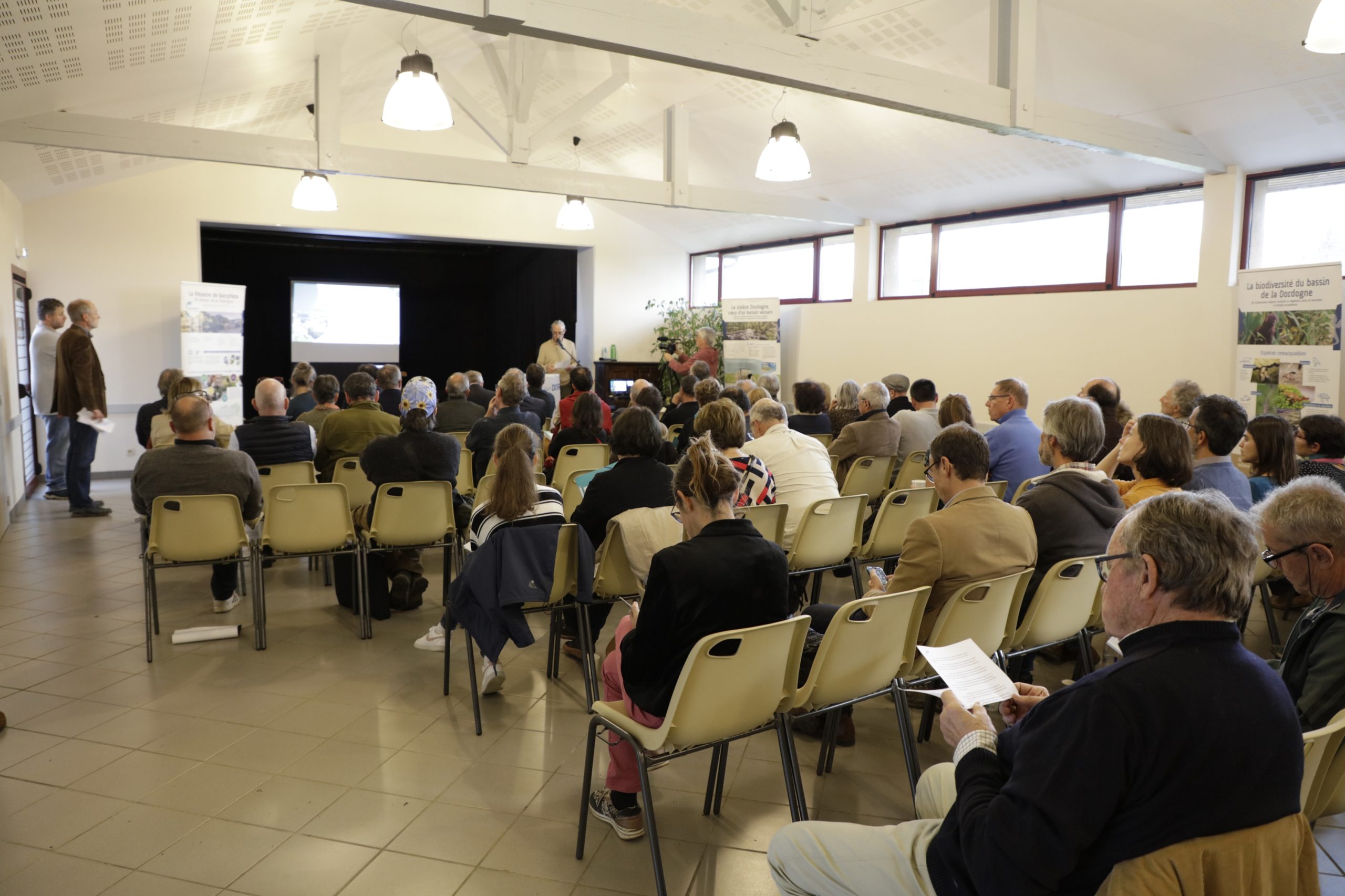
To continue and strengthen the work scopes initiated
The International Coordinating Council encourages the Biosphere Reserve to continue the work scopes developed on nature-based solutions and the maintenance of migratory fish populations which are emblematic and demonstrators for the network of Biosphere Reserves, nationally and internationally.
UNESCO has expressed its expectations for the next ten years. If the Dordogne River is the central area of the Biosphere Reserve, its actions must go beyond the minor bed of the watercourse and create interrelations between territories and activities throughout the watershed. This involves extending the central area to other ecologically important sites, encouraging a reduction in pressure on natural resources and promoting sustainable and agroecological agricultural practices.
